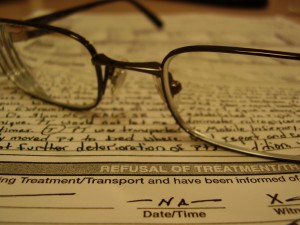WHAT ARE THE DUTIES AND RESPONSIBILITIES OF AN EXECUTOR? FREQUENTLY ASKED QUESTIONS
-
 I have been appointed an Executor of a Will. What does this mean?
I have been appointed an Executor of a Will. What does this mean?
Simply put the Executor is the person named in the Will to deal with the Estate.
-
If there is no Will, who is the Executor?
Where there is no Will made the person who steps forward to deal with the Estate is called and Administrator. The law sets out in priority the close relatives or who among the deceased’s beneficiaries are entitled to act as Administrators.
-
Who is a Personal Representative?
Often the term Executor and Administrator are referred to collectively as Personal Representatives of the deceased.
-
What does an Executor do?
An Executor has many functions and its role is for life once it is accepted. Primarily the Executor must act to protect the Estate and to administer the Estate.
-
What are the responsibilities of an Executor?
Acting as an Executor is a highly responsible role. Amongst other matters the Executor:
- Must protect the Estate for example insure its assets
- Identify all assets and secure these
- Identify and deal with all liabilities and debts
- Obtain all information necessary to extract the legal documentation which will give the Executor the legal power to deal with the Estate
- Determining how the Estate will be administered
Unless it is a relatively small Estate probate will have to be applied for to administer the Estate.
Once the assets are collected and liabilities paid and any tax issues regarding the Estate dealt with, the Executor is then responsible for distributing the balance of the Estate to the beneficiaries in accordance for the Will and accounting for the Estate generally.